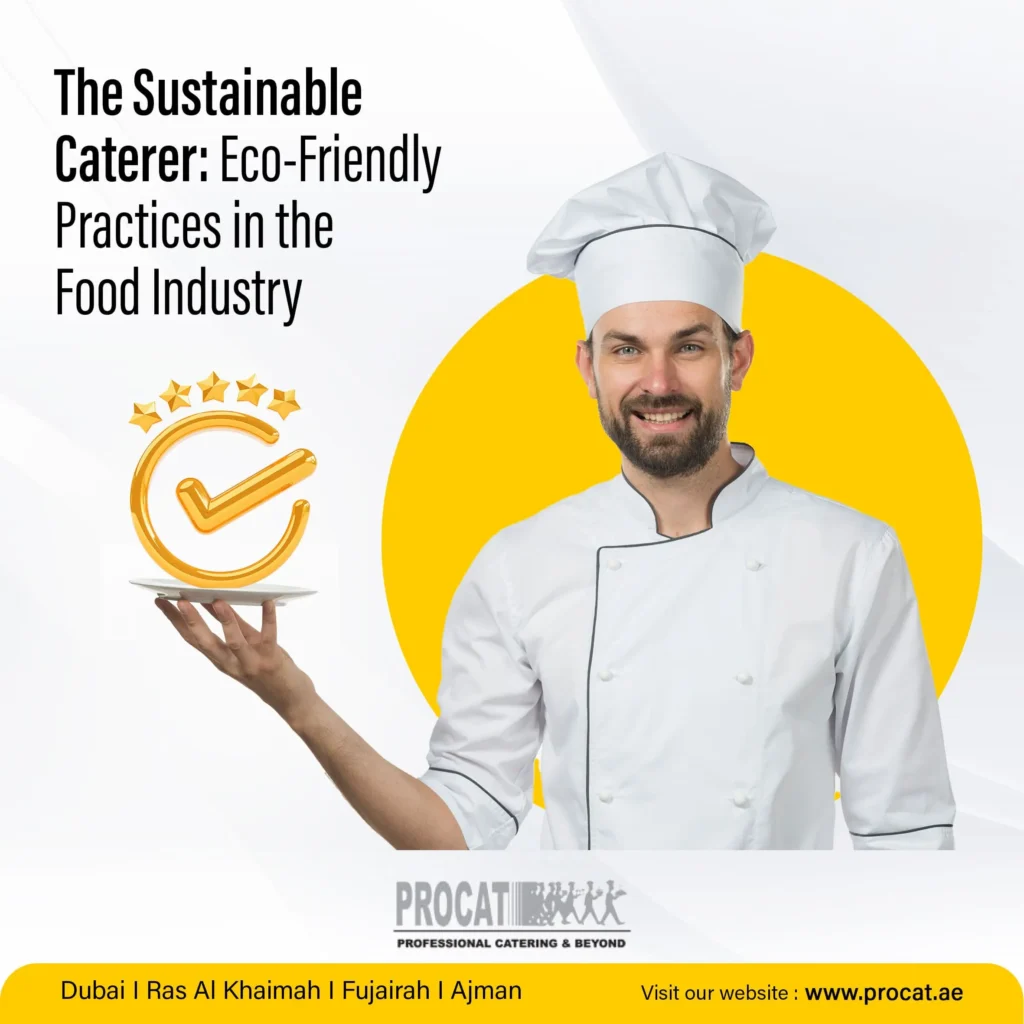
Catering is an integral part of the food industry, serving countless events and gatherings worldwide. As our awareness of environmental issues grows, the catering sector is adapting to meet the demand for sustainable and eco-friendly practices, and more people are opting to sign a contract for catering services. Let’s explore the concept of sustainable catering and the innovative approaches that caterers are adopting to reduce their environmental footprint.
Reducing Food Waste
One of the key challenges in the catering industry is food waste. Events often lead to overproduction and excess food that goes uneaten, ultimately ending up in landfills. Sustainable caterers tackle this issue through various strategies:
- Sustainable caterers plan menus meticulously to reduce overordering and minimize food waste. They consider portion sizes, dietary preferences, and local seasonal ingredients.
- To prevent edible food from being discarded, caterers partner with food banks or charities to redistribute excess food to those in need.
- Any food waste that cannot be salvaged for donation is composted, diverting organic matter from landfills and enriching the soil.
Sustainable Sourcing
Responsible sourcing is at the heart of sustainable catering. Caterers are increasingly opting for locally sourced, organic, and sustainably farmed ingredients. This not only supports local communities and reduces the carbon footprint associated with food transportation but also ensures high-quality, fresh produce for their clients.
Eco-Friendly Packaging
The use of disposable plastic cutlery, plates, and containers has long been a concern for the environment. Sustainable caterers are transitioning to eco-friendly alternatives, such as compostable plates, biodegradable utensils, and recyclable packaging. Some even offer reusable dishware and encourage clients to reduce single-use plastics.
Energy Efficiency
Catering events require a significant amount of energy for cooking, heating, and refrigeration. Sustainable caterers invest in energy-efficient equipment and adopt practices like:
- Solar Power: Some catering companies harness solar energy to power their operations, reducing their reliance on conventional energy sources.
- LED Lighting: Energy-efficient lighting not only reduces electricity consumption but also creates a more pleasant dining atmosphere
Minimizing Water Waste
Water conservation is another aspect caterers are focusing on. This includes measures such as low-flow faucets, efficient dishwashing practices, and proper maintenance of equipment to prevent leaks.
Although using sustainable catering methods is becoming more popular, there are still obstacles to overcome. The initial cost of purchasing environmentally friendly machinery and packaging can be high, and industry’s opposition to change might exist. However, as more consumers demand sustainable options and as the environmental benefits become increasingly evident, the future of sustainable catering looks promising.
Sustainable catering is an essential and evolving component of the food industry. By addressing these issues, Dubai catering companies can reduce their environmental impact while providing healthier and more appealing options for clients. As awareness of environmental concerns continues to grow, the shift toward sustainable practices in the catering industry will only continue to grow.
